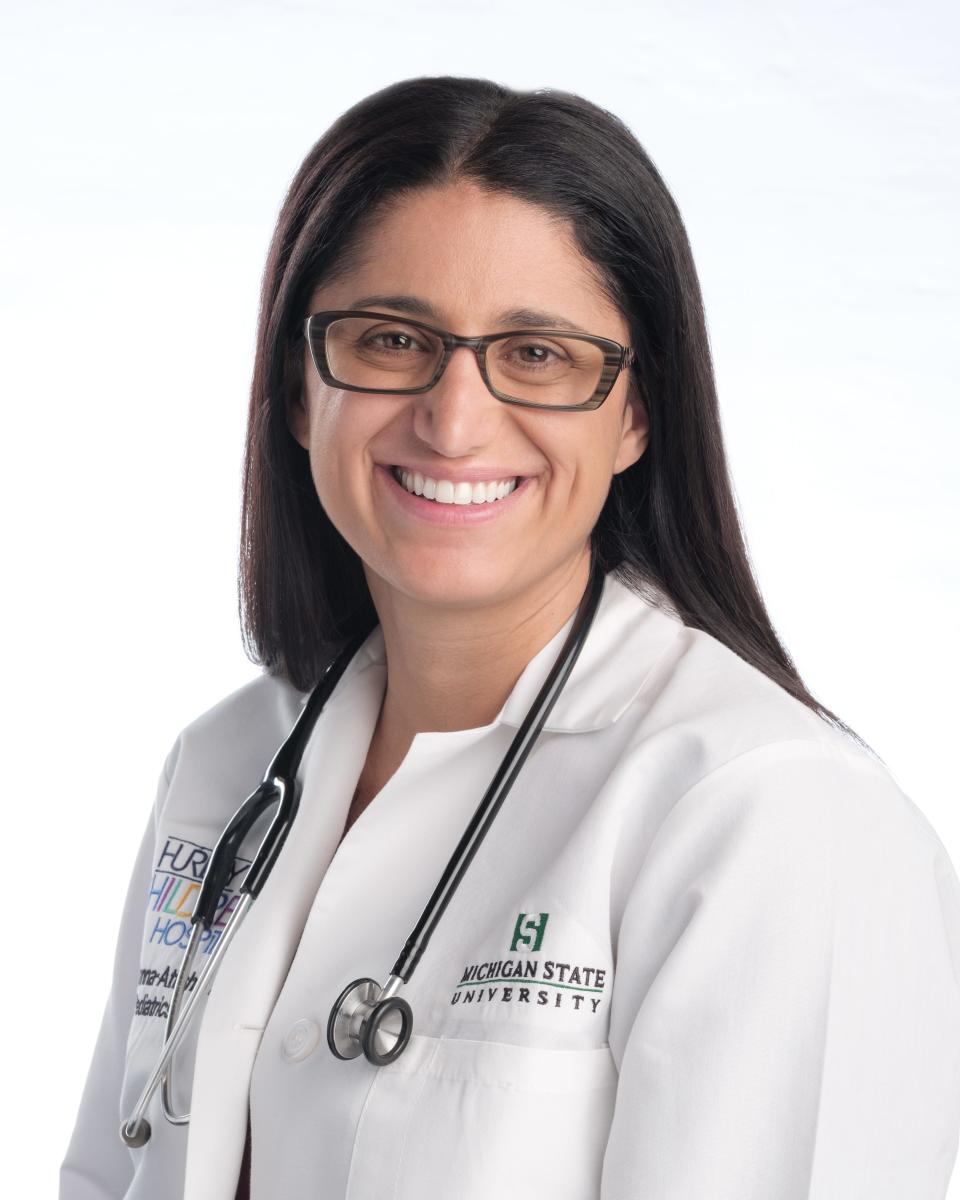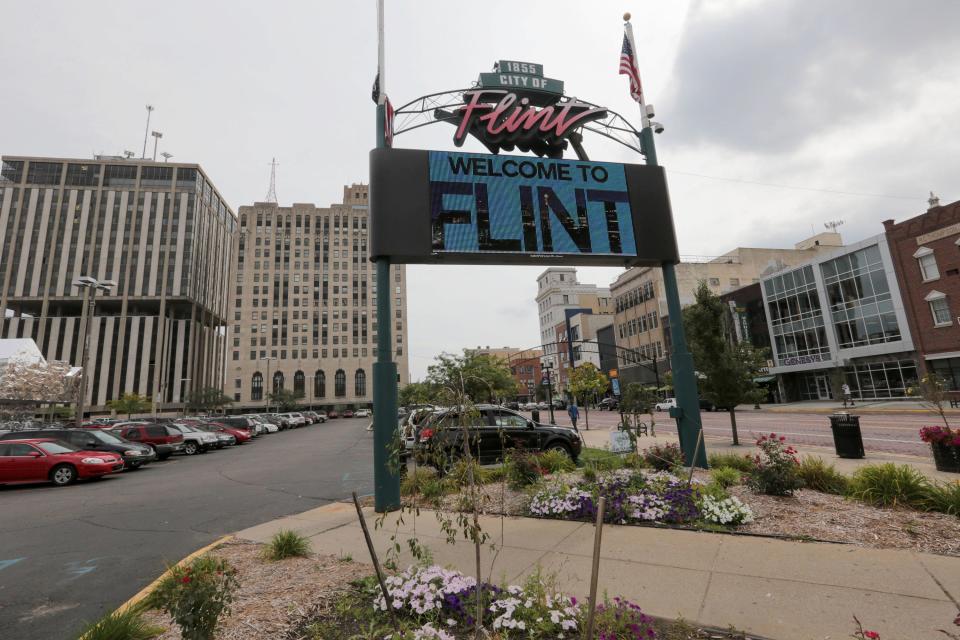Grant aims to provide Flint moms, babies with cash payments to improve health
Moms and babies in Flint may soon be part of an innovative citywide program that prescribes cash assistance as an answer to health disparities.
A $15 million grant from the Charles Stewart Mott Foundation — triggered when the initiative Rx Kids can raise its own matching $15 million — is billed as the first program in the country to use unrestricted cash allowances at this scale to address one of the most fundamental social determinants of health: poverty.
Families who qualify will be "prescribed" $7,500 in cash installments: $1,500 during mid-pregnancy followed by monthly $500 payments for the baby's first year of life.
Rx Kids is led by pediatrician Mona Hanna-Attisha, who directs the Michigan State University-Hurley Children’s Hospital Pediatric Public Health Initiative. She answered questions about the initiative she calls “transformative.” Here is an edited version of the interview:
Why is Rx Kids using money to address health concerns?
"Economic instability is one of the most profound social determinants of health. Medicine only contributes to about 10 to 15% of health outcomes. All this other stuff: your geography, history, race, drinking water, has a profound role in health and health disparities. These are powerful forces in Flint, (one of) the poorest cit(ies) in our state with a child poverty rate three times the state and national average.

"Increasingly, over the last few years and decades, we actually know the science of what being born into and growing up in poverty does to developing children. When it's early infancy and when it's deep — when it's really poor and concentrated, when all your neighbors are also poor, all these factors are strongly implicated in the health and development of children.
"So much of what health care does is asking families to do more, and so often it’s a Band-Aid. It’s after the fact and doesn’t get to the root cause. I’m sick of Band-Aiding."
Can cash assistance work to improve health?
"We have proof of it working. In 2021, the expanded child tax credit lifted 4 million kids out of poverty. Despite the trauma and the chaos of COVID, kids actually did well because they had unconditioned allowances to make ends meet. They had less nutrition insecurity, decreased parental stress, decreased emergency department visits of abuse and neglect. All the outcomes are still pouring in.
More: Child tax credit helped Michigan kids — and numbers prove it
More: Child care subsidy snafus leave providers unpaid and parents without options
"That proves we, as a society, can do big things. We, as a society, can wrap our arms around children and families and help them through this very difficult time of having a baby and raising a child. It was born out of the desire to literally prescribe our children out of poverty.
"There is profound global evidence that when we provide unrestricted cash allowance to children, the outcomes improve."

How will the program get money to moms and babies?
"It’s not set up yet. We have to raise another $15 million, and we’re actively doing that.
"The Mott Foundation grant is coming to Michigan State University. We’re working closely with University of Michigan Poverty Solutions professor Luke Shaefer, who is a child poverty expert. We are also working with an international organization called Give Directly, which administers cash transfers. They do fraud detection, 24-hour benefit support … they run a lot of these cash allowance pilots, so we’re not reinventing the wheel.
"We’re working with experts, we’re working with moms and parents. We’ve been convening parents for almost a year just discussing this as an idea. And lots of other community organizations and partners in Flint.
"We’re doing this for the entire city. This has never been done before, and we can do this in Flint. We’re a small big city; we only have, like, 1,200 births a year. And we have the kind of built infrastructure to be able to do this in a very community partner/academic way to be able to evaluate and disseminate.
"This is about joy and hope and trust and dignity. And, as a society, renewing a social contract. We're building resilient communities rather than asking some of our most marginalized folks to be resilient themselves."
Mona Hanna-Attisha’s answers were edited for length.
Jennifer Brookland covers child welfare for the Detroit Free Press in partnership with Report for America. Make a tax-deductible contribution to support her work at bit.ly/freepRFA. Reach her at jbrookland@freepress.com.
This article originally appeared on Detroit Free Press: Grant uses cash assistance to improve Flint's maternal infant health

